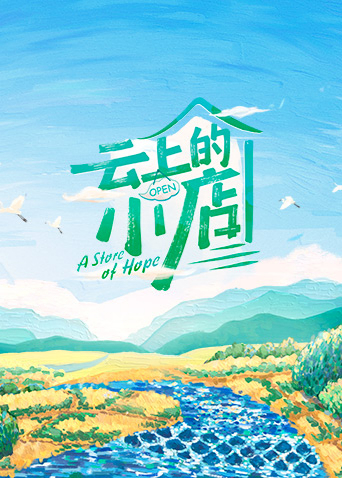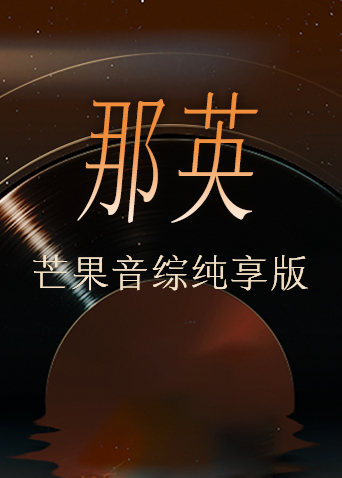春暖

春暖
回复 :职业摩托赛车手巴德•克雷(文森特•加洛 Vincent Gallo 饰)独自驾车从新罕布什尔州出发,他将要参加五天后在加州举行的比赛。孤独的旅程让人心绪万千,关于那旧日爱人的回忆慢慢浮现脑中。黛西(Chloë Sevigny 饰),一个让他魂牵梦绕且愁绪满怀的名字,这个美丽如同妖精的女孩曾让巴德感受到爱的温暖,而如今她身在何方?巴德一路前行,邂逅了一个又一个充满个性、美丽温柔的女孩,她们短暂慰籍着他的心灵,却最终都被抛在身后。无论怎样,她们无法取代黛西的地位,一如那旧日回忆久久萦绕盘桓……*本片2003年入选戛纳电影节角逐金棕榈奖,却遭到了“灾难性”的评价。
回复 :Charles Burnett, one of America's most highly regarded independent filmmakers, wrote and directed this domestic drama about a black middle-class family living in South central Los Angeles. However, there are no gangs, no guns, no drugs but instead a lyrical story that draws on folklore and the supernatural.family tensions are already simmering when Harry (Danny Glover) arrives to visit his old friends. He exudes an easy charm, knows secret past and present and is soon installed in the heart of the family. However, as his stay lengthens, so does he begin to cast an even more malevolent spell, provoking turmoil, setting son against son, reviving past hatreds, and inflicting a mysterious illness.Glover delivers a career-topping performance as the garrulous family friend, full of hidden menace, effortlessly evoking nostalgia and horror in the same breath.As ever, Burnett provides a wonderful music track featuring gospel, blues and jazz and a cameo from the legendary Jimmy Weatherspoon.'A slow-burning, soul-insinuating, 12-bar blues of a movie.' Tom Charity, Time Out'Danny Glover is marvellous, and terrifying, as a charismatic old-timer.' The Times(from the description on the back cover of the DVD)
回复 :2018年5月和6月,Jean Gabriel P_Riot与位于Ivry Sur Seine的一所高中的10名电影班学生合作,开展了一项将电影与政治结合起来的项目。学生们在摄像机前和摄像机后工作,重新布置罢工、抵抗和劳资纠纷的场景,这些电影可以追溯到20世纪60年代末到70年代末,包括让-卢克-戈达尔和阿兰-坦纳的电影。nos d_faites汇集了调查结果,并增加了采访,在采访中,导演询问学生他们刚刚表演的场景,关于“阶级”、“工会”和“政治参与”等概念,以及更广泛的社会背景。这是一个简单,但尖锐的设置,让观众一瞥年轻一代如何看待政治和过去的政治电影。这部影片还记录了导演试图激怒学生的企图。在导演和学生似乎处于平等地位的遭遇中,基于从未见过的导演更多类似于老师的提问,以及此时此刻对革命的思考:起义的表现反映了同样的情况。这会导致一个真实的发生吗?In May and June 2018, Jean-Gabriel Périot collaborated with ten students in a film class at a high school in Ivry-sur-Seine on a project that unites cinema with politics. The students worked both in front of and behind the camera, restaging scenes of strikes, resistance, and labour disputes from films dating from the late 1960s to the late 1970s, including ones by Jean-Luc Godard and Alain Tanner. Nos défaites assembles the results, and adds interviews in which the director queries the students about the scenes they’ve just acted in, about such concepts as “class,” “labour union,” and “political engagement,” about wider social contexts. It’s a simple, yet trenchant setup, affording viewers a glimpse of how a younger generation sees politics and the political cinema of the past. The film also documents the director’s attempts to stir up the students. The conversations vary between encounters in which director and students seem on an equal footing, based on more teacher-like questioning by the never-visible director, and contemplations of revolution in the here and now: the performance of an uprising follows reflection upon the same. Could this lead to one happening for real?回到1968年的电影时代,继续对重放从过去跳出来的电影节选的年轻人进行今天的采访,我们的失败描绘了我们当前与政治的关系。我们的失败,还是我们有足够的力量来面对今天的混乱?By going back into the cinema of the 1968 era and going forward with present-day interviews of young people who replay excerpts of film s jumping out from the past, Our Defeats draw the portrait of our current relations with politics. Our Defeats, or do we keep enough forces to confront ourselves with the chaos of today?

